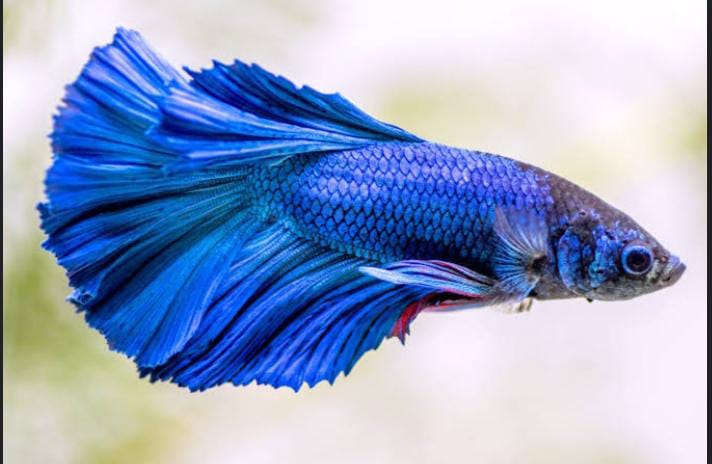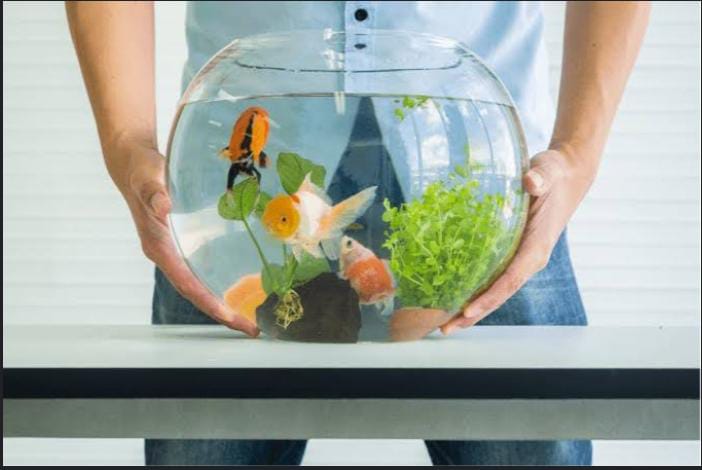Surviving the Fast: How Long Can Your Betta Fish Go Without Food?

Betta fish are known for their vivid colours and flowing fins are the most sought-after choice of avid fish lovers. Although they typically require regular feeding, circumstances may be required to deprive them of nourishment for a time. Knowing the tolerance to fasting of Betta fish could benefit warrant the health of these fish in these situations.
Table of contents
The Natural Diet of Betta Fish
In the natural environment, Betta fish are carnivorous and mostly feed on insect larvae and other insects. The diet they consume is high in protein and is vital for growth, energy as well as overall health. In captivity, bettas must have an identical diet that is high in protein pellets, or frozen meals.
How Long Can Betta Fish Go Without Food?
Betta fish are quite tough and can go through several days without food. In general, a healthy betta may be without food for between 10 and 14 days. This should however not be done regularly because prolonged fasting could cause tension and health concerns.
Factors Influencing Fasting Tolerance
- Age and health: Younger and healthy bettas are stronger and are able to go for longer periods without food as opposed with sick or older bettas.
- Environment: Water quality that has stabile parameters (temperature or pH) as well as ammonia concentrations) is essential. Insufficient water quality could stress fish and reduce the speed at which they can fast.
- Prior nutrition: Bettas who are well-nourished and who have a healthy body reserve are better able to handle short-term food shortages.
What Happens When They Don’t Eat?
If betta fish do not eat and eat, they first rely on the fat stored in their bodies to fuel their bodies. Fasting for long periods of time can cause anxiety, fatigue and weakening immune systems which makes them more susceptible to illness. As time passes, people may be afflicted with weight loss significant and faded color. Ensure that they are fed properly and on time is vital to stop this negative effect.
Preparing Your Betta for Short-Term Fasting
Food your dog regularly before departure:
Make sure your pet is fed well during the weeks that lead up to your departure.
Make use of an automated feeder:
If you are planning to stay for longer, think about together an automated feeder that can favor smaller, frequent food items.
For benefit:
ask someone in your family to take care of your betta’s food if you’re going out for extended periods of duration.
Signs of Hunger and Malnutrition
The signs of lethargy:
include decreased activities and an overall sluggishness.
Weight Loss:
Noticable thinning and reduction in the body weight.
Color fade:
dull or dull hues.
If you experience any of these signs restart your feeding as soon as you notice them and warrant that your betta’s diet remains healthy and balanced.
Impact on Health

Long periods of time without food could negatively impact a betta’s well-being. They might be suffering from weak immune systems, which makes susceptible to infection as well as diseases. Long-term fasting may result in muscular atrophy, fatigue, and an overall decrease in the color of their skin. The stress levels increase which can affect their general health. Making sure they eat a nutritious, regular diet is crucial to ensure their overall health and vitality.
Special Care for Young Betta
The bettas that are young require more frequent meals due to their increased metabolic rate and their rapid development. They need to be fed tiny quantities of high protein food items numerous daily for their development. Maintain their aquarium water as clear and stable as younger bettas are more prone to the changes in their water’s quality. Check for any indications of stress or illness and resolve any problems quickly. A balanced diet, as well as ideal living conditions will ensure healthful growth as well as vibrant colours.
Conclusion
Although betta fish are able to survive without food for up two weeks, it’s not recommended that you check their limits often. The regular feeding schedule and the proper care is crucial in order to assure that your fish is healthy and healthy. Be prepared in advance when you think that you will not be able to feed your betta think about options such as automatic feeders, or seeking benefit from other people to keep their daily diet.




